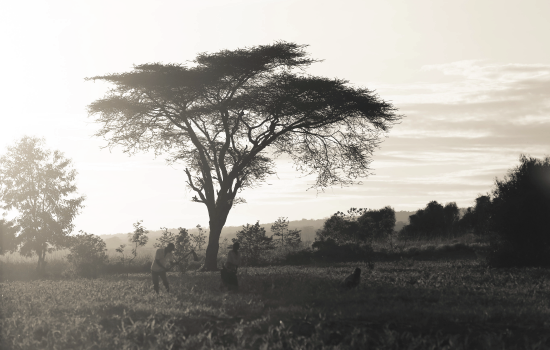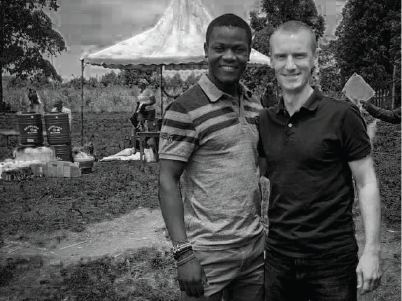“The complexity of responsible love in the name of justice and mercy leaves us with no cheap answers to any of the important questions.” (Steve Garber, “Visions of Vocation”)
I keep coming back to this sentence. If I’m lazy, I hit “complexity” and feel overwhelmed and tune out. If I move past complexity and think of “responsible love”, I feel inadequate. Then I read “justice” and “mercy,” and my heart skips a beat…I want and need those.
The important questions are always the harder ones to ask, the deeper layer that often includes waiting, reflecting, and even suffering. A few examples come to mind: Writing this within days after our election in America, the questions our society is asking are endless, though perhaps the important questions are starting to stand out more, kind of like staring at an optical illusion for minutes and suddenly seeing a shape as clear as a bell.
In my work over the past 12 years with Blood:Water, we’ve discovered so many important questions, and plumbed them to help us focus in the right direction while remaining rooted in our mission, vision, and values. When working with partners in various contexts in Africa, the same important question sometimes has multiple answers. Sometimes an answer will change from season to season, because after all, it revolves around moving targets of people and society. Complexity.
But the sentence here connects “complexity” with “responsible love” – paired together, there’s a sense of implication and obligation. “I must do something!” What stirs that in our hearts? What keeps us longing for more, standing firm, and pressing on?
When our love for others overflows from a sense of responsibility, points toward justice, and recognizes mercy through it all, we are less concerned with speed and ease (i.e., “cheap”).
We find our meaning as we ask the important questions. The waiting, reflecting, and suffering are some of the most incarnational “heart-affecting” movements that shape us.
More Stories:
Categories



